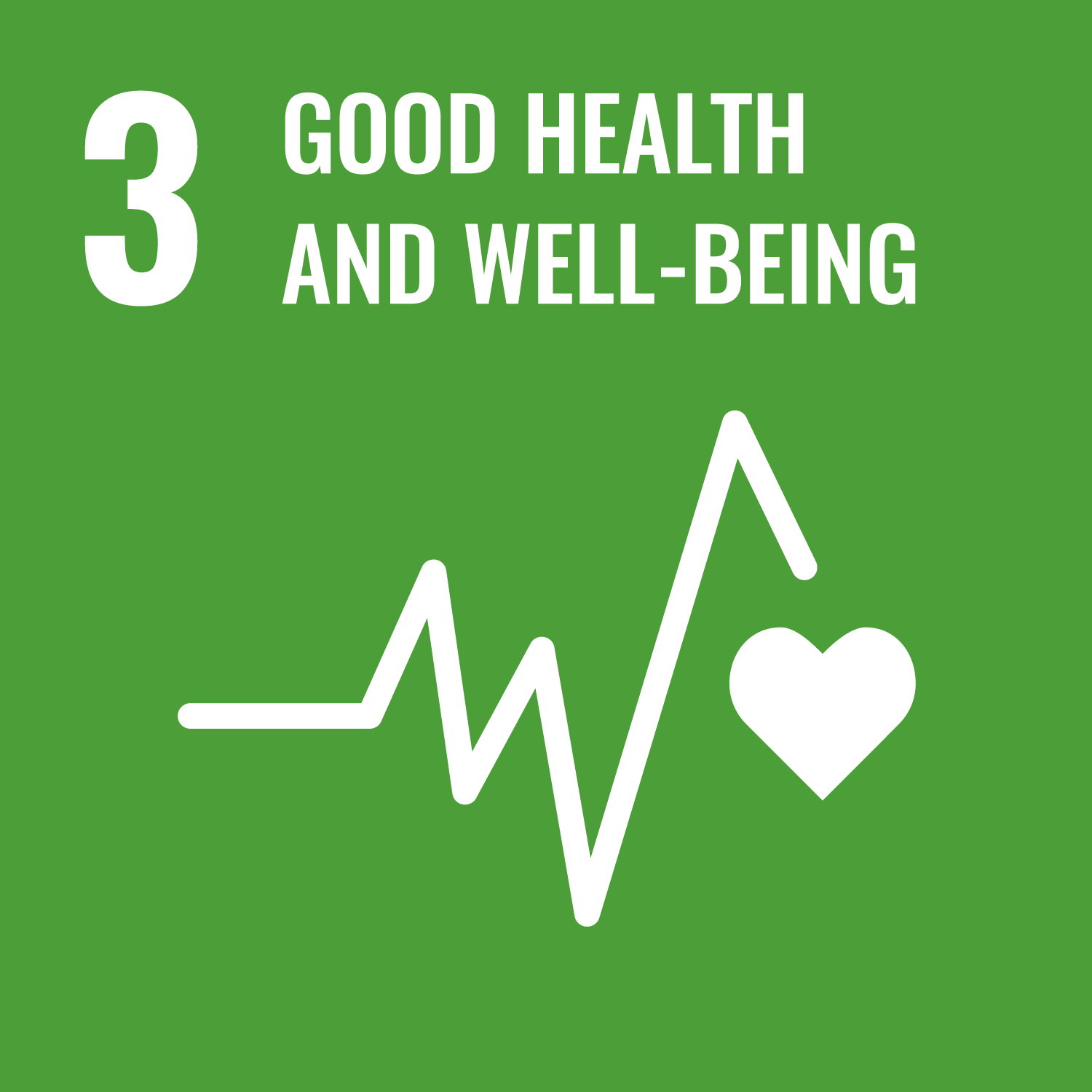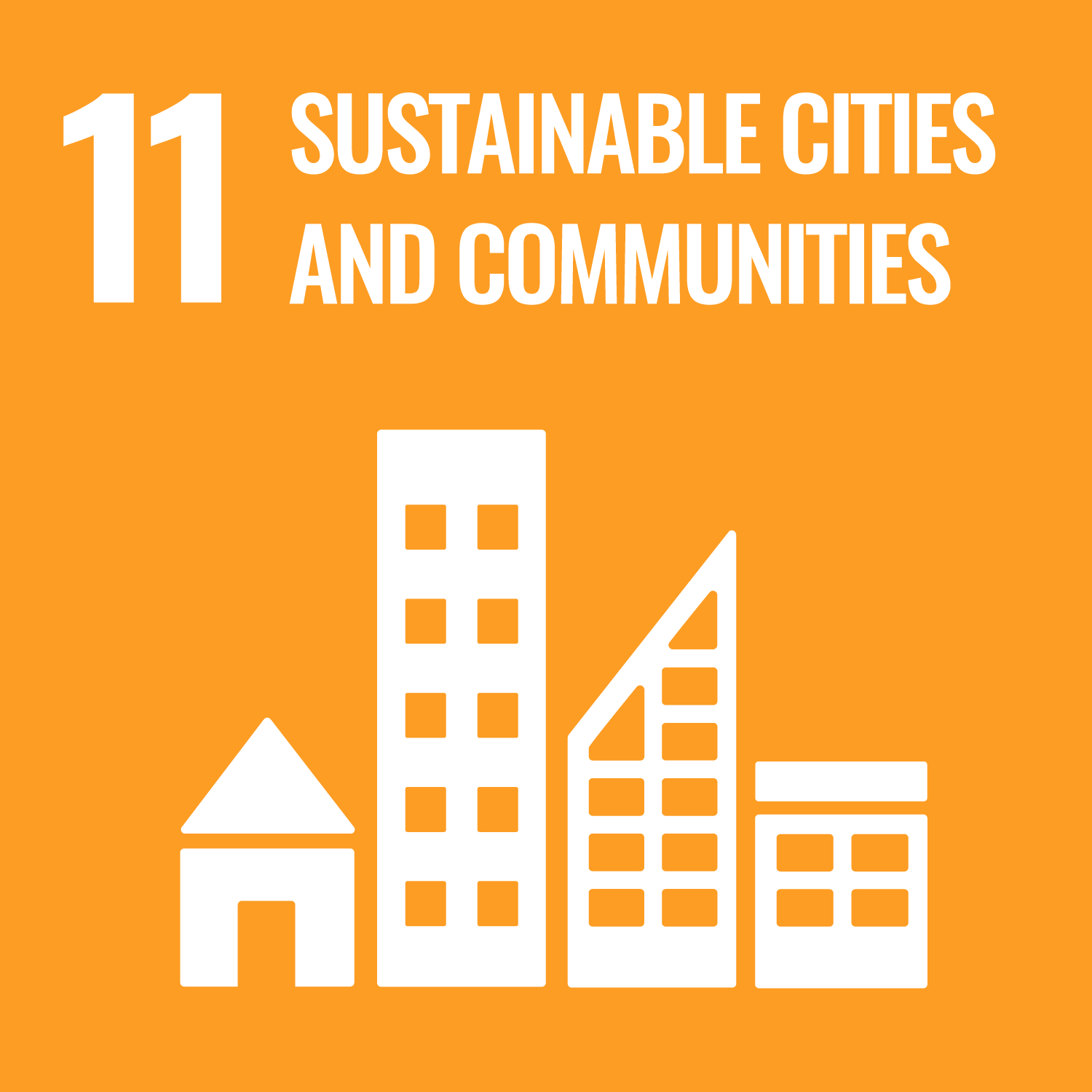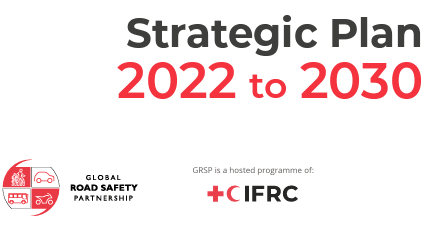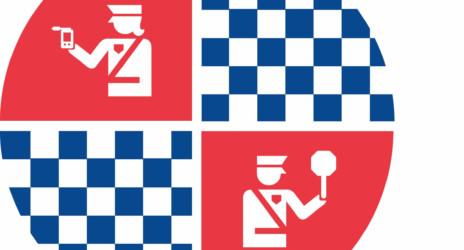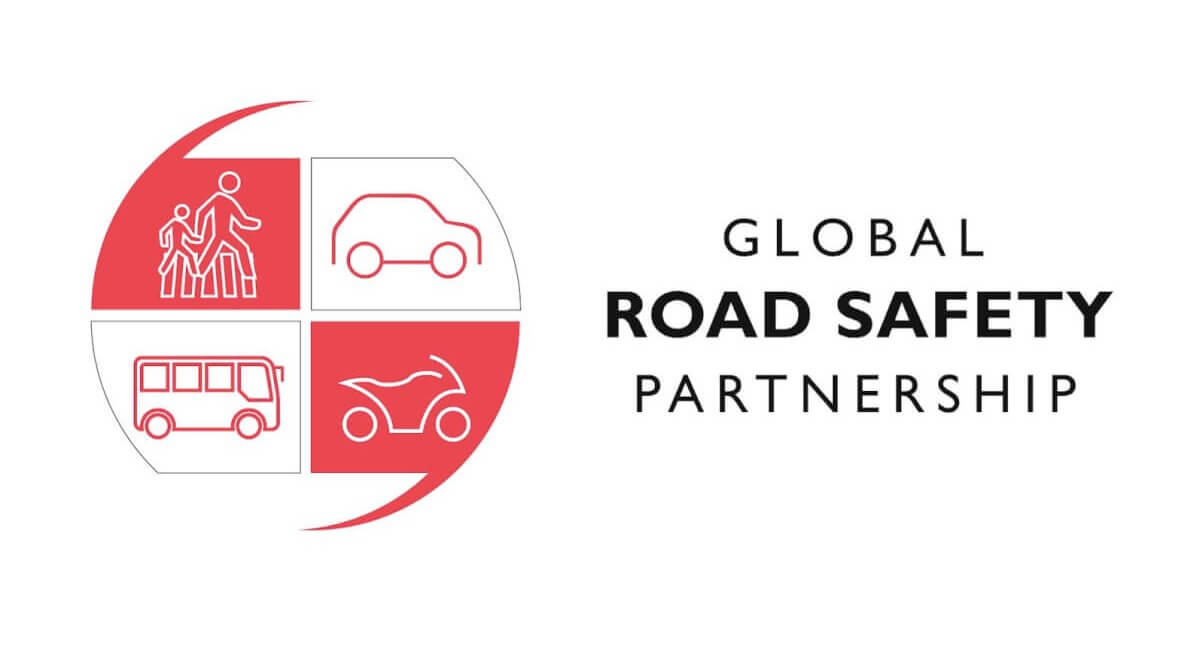RS10 – Just over half way
Bloomberg Philanthropies is supporting road safety activities in 10 countries (Brazil, Cambodia, China, Egypt, India, Kenya, Mexico, Russia, Turkey and Vietnam) over a 5-year period (2010-2014). RS10 – as the project is known – finds six partners working collaboratively at the international, national and city levels, each with specialised tasks and shared tasks. The partners are: World Health Organization (WHO), Global Road Safety Partnership (GRSP), Johns Hopkins International Injury Research Unit (JHIIRU), Association of International Road Travel (ASIRT), The World Bank and EMBARQ (World Resources Institute).
The goal of the project is to save lives and reduce serious injuries from traffic crashes.
Low cost, proven public health interventions are implemented with a focus on two major risk factors in selected sites in each country with the view to ‘going to scale’ in the long-term.
Good laws and compliance with those laws is the key to safe travel by any mode. Most countries have started with a review of legislation and policies that impact on road user safety (led by WHO). Opportunities to strengthen laws or to close gaps in laws are identified. Three organizations (GRSP, ASIRT, WHO) undertake advocacy activities to influence decision makers to improve the legislative framework through the work of National Societies or NGOs. Advocacy work aims to close loopholes in laws, for example helmet wearing laws for pillion passengers on motorcycles in Cambodia; child passenger helmet wearing laws in Vietnam, and no exemptions from wearing a seat-belt laws in Turkey.
GRSP undertakes capacity building activities with traffic police so they can strategically implement targeted enforcement of the selected risk factors. Increased traffic enforcement is aligned with a social marketing campaign and related media activities which are led by WHO. All consortium partners contribute to getting the issue into the media so that the problem is well understood and the solution is implemented.
GRSP also builds the capacity of people from all sectors to better understand and be skilled to address the key risk factors that contribute to death and serious injury in their country.
JHIIRU and their national partners in the project established baseline measurements and through monitoring of intermediate and outcome indicators have been able to determine impact. We are just beginning to see a positive impact of interventions implemented in many of the countries. As examples, seat-belt wearing rates in Russia (Lipetsk and Ivanovo) and in Turkey (Afyonkarahisar) have increased rapidly and travel speeds have been reduced overall in the sites in Kenya and Russia.
The RS10 project will continue through 2013-2014. The lessons learned in countries where we are seeing encouraging results will be replicated in others. Scaling up more broadly to increase population reach and save more lives will also occur. The RS10 project is providing evidence for what works well and what could be done differently in low- and middle-income countries to reduce death and serious injury.
View the RS10 Fact Sheet.
